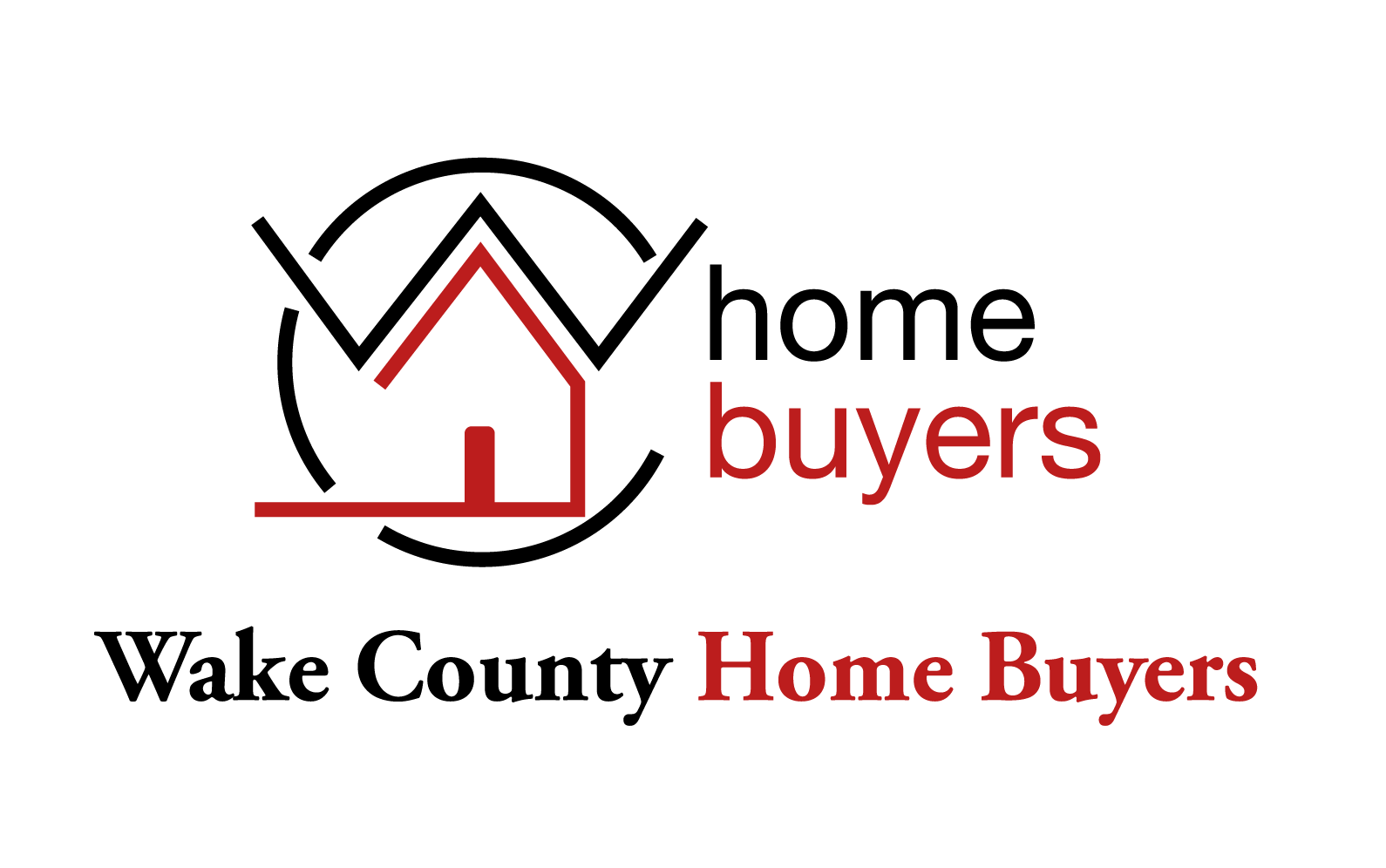Most investors are accustomed to the idea of capital gains tax, and paying taxes in general. But, did you know that you must pay taxes on the profit from the sale of your home? Considering the amount of time, money, and energy that were spent on buying, and maintaing the home over a number of years it is better to know the details before selling.
The IRS approaches taxes on these gains in differing ways, depending on whether the investor held the assets, either short or long term. Investors can deduct your cost basis or original purchase price to determine the capital gains. You can subtract the cost basis and any costs of improvements from the profit from the capital gains.
Planning your investments, from acquisition to resale, should be completed before you ever close on your first real estate investment. A significant part of this overall business plan should include avoiding capital gains taxes when it is time to exit a property. We will explore more about what Raleigh home sellers need to know about capital gains taxes.
Limits
Did you know that your home is considered a ‘capital asset’, subject to capital gains tax? If your home appreciated in value, as of this writing real estate has seen double-digit appreciation since 2020, you could be required to pay taxes on the profit. Fortunately, there are protections for homeowners. Thanks to the Taxpayer Relief Act of 1997, most homeowners are exempt.
In many cases, there is an exclusion available every two years for Raleigh home sellers on capital gains taxes of up to $500,000 over cost basis for married couples filing jointly for single investors. The exclusion is $250,000 over cost basis. One of the qualifying requirements for this exclusion is that the real estate will have been lived in for a total of two of the last five years as your primary residence, though they need not be consecutive.
You may be required to make estimated payments on your capital gains. It is wise to consult with a tax advisor to ensure you are making the right moves for your investments. Deferrals of capital gains are allowed under a 1031 exchange of like properties. There are strategies that you can put into place to offset these taxes with capital losses. Ensuring you have covered all of your bases means it is essential to have built a strong team of professionals to help guide you because you want to keep as much of your money as possible.
Wake County Home Buyers understands just what Raleigh home sellers need to know about capital gains taxes and what you can do to avoid them – sell to Wake County Home Buyers or buy a “like-kind” investment from our inventory of great investment properties! At Wake County Home Buyers, we make it easy to keep your hard-earned investment profits at work, earning wealth and long-term passive income for you! Call Wake County Home Buyers at (919) 473-6885 or send us a message today!

![we buy houses for cash [market_city]](https://image-cdn.carrot.com/uploads/sites/7933/2022/10/We-Buy-Houses-Cash-Home-Buyers-1679x800.png)